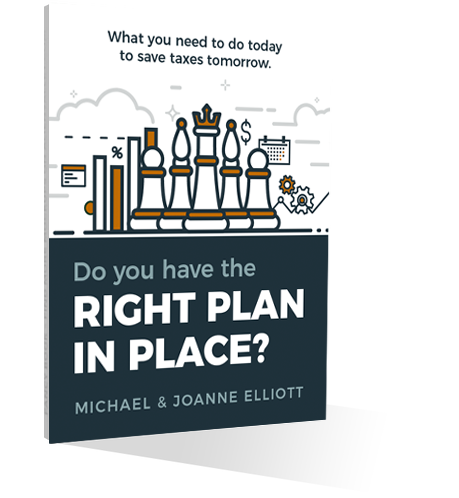The Cook County Clerk’s office recently released the 2015 property tax rates. This is last step in the tax process before tax bills are mailed at the end of this month. Tax bills are expected to be due August 1, 2016.
Here are some of the major factors that will likely impact your 2015 tax bill:
-
Property values are rebounding: After declining for several years, aggregate assessed values (AV) in the City of Chicago increased substantially in 2015. In general, properties with small assessed values saw smaller assessment increases and properties with high assessed values saw dramatically larger increases on a percentage basis. We expect to see this pattern repeat itself when the Northwest suburbs are re-assessed in 2016.
-
Equalized tax rates fell by roughly 1.2% in 2015 in the City of Chicago: Equalized tax rates are applied to the assessment to determine taxes before exemptions. Equalized tax rates tend to fall when an area is reassessed (which was the case in Chicago). The reduced equalized tax rates will help to offset the assessment increases due to the 2015 Chicago re-assessment. In the suburbs, equalized tax rates generally rose in 2015 as government spending increased and the suburban tax base was not generally reassessed.
-
Tax bills have hit an all-time high in Cook County: Total Cook County property taxes exceeded $13 billion in 2015 for the first time ever. The City of Chicago levy grew over 40%, from $774M to over $1B, as the City of Chicago adopted a new and separate levy to cover its pension obligations. Chicago tax bills will be higher than otherwise because of this pension levy. The Chicago pension levy will NOT impact suburban tax bills.
-
Your 2015 tax bill will likely increase unless your assessment fell: Increased government spending, coupled with the new pension levy for Chicago and the Chicago re-assessment means that most Chicago property owners will experience significant tax increases in 2015 unless their assessments were reduced below prior-year levels (generally not likely in a re-assessment year).
It pays to contest your assessment: You cannot control government spending and increases in tax rates, but you can control your assessment through the tax appeal process. By doing so, you can potentially reduce your tax bill, or at a minimum, limit its growth.
You can download the Clerk’s full report: click below


